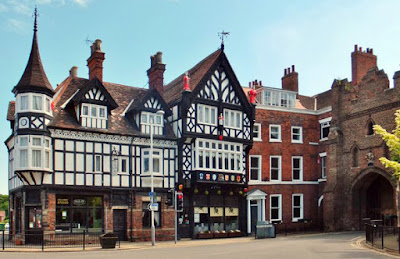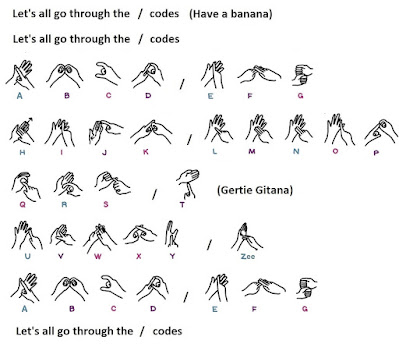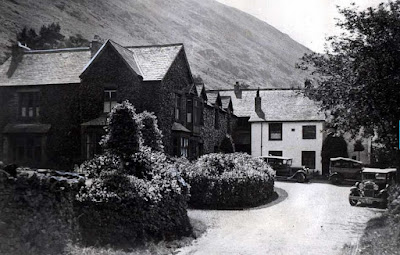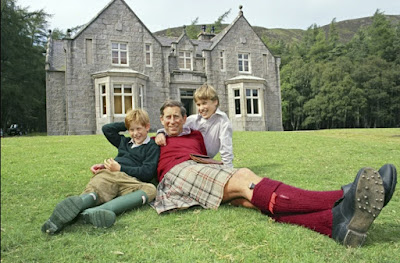 |
| 'Waylands', 93 Ferriby Road, Hessle (now 'Woodlands Lodge') |
“Never appoint a bank as executor to a will.” My dad’s advice was born out of sheer frustration.
“You’ll be all right one day son,” his own father had told him in expectation of a life-changing legacy due on the death of an ailing wealthy spinster then living permanently in a hotel in Harrogate. As things turned out she lived another forty years, by which time the legacy was no longer life-changing, having dwindled away in excessive, unnecessary fees.
 |
| Edwin Ernest Atkinson (1872-1939) |
On leaving school, Edwin had first worked as a clerk for the Aire and Calder Navigation Company at Goole docks, and then as a coal exporter with the shipping company J. H. Wetherall & Co. In 1906 he began in business on his own, joined in 1911 by Thomas William Prickett.
Within twenty-five years both were wealthy men with handsome houses on the outskirts of Hull at Hessle. Edwin’s was called ‘Waylands’, at the corner of Woodfield Lane and Ferriby Road. It had eight bedrooms, an oak-panelled dining room, two other large reception rooms, a billiards room, domestic quarters, coal-fired central heating, outbuildings, cultivated gardens, a heated greenhouse and vinery, tennis courts and a croquet lawn. Thomas William Prickett had a similar property nearby, ‘Northcote’, at 85 Ferriby Road. Among their dirty British coasters with their salt-caked smoke stacks were the SS Yokefleet, SS Swandale, SS Easingwold and MV Coxwold. There were trains of railway wagons bearing the company name.
 |
| Atkinson and Prickett ships: SS Yokefleet, SS Swandale, SS Easingwold, MV Coxwold |
When Edwin died in 1939 at the age of 66, he left a life interest in most of his £27,000 estate to his wife and only surviving daughter. In terms of price inflation, this would be today’s equivalent of £1.5 million and a great deal more in earnings or property price inflation. It was a considerable sum of money. His wife died less than two years later, thus his daughter, Constance Ruby, still in her thirties, assumed a life interest in the whole sum, to live in comfort and luxury for the rest of her life. She was the lady in the hotel at Harrogate.
Note that Edwin only left a life interest to his wife and daughter, rather than the capital sum outright. They therefore received income from investments, and the capital remained intact. It was a throwback to earlier times when women were not expected to manage their own financial affairs. It also kept the money out of the hands of unscrupulous husbands they might later marry.
 |
| Numbers 8 to 2 North Bar Without, Beverley, with the fifteenth century gate to the right |
Constance Ruby never did marry, although she did have a brief engagement at the age of twenty. She later became Clerk to the Archdeacon of York, living in the Precentor’s Court at York Minster. After her father died she moved with her mother to Harrogate. Later in the nineteen-fifties, she moved to Beverley, into a half-timbered eighteenth century house immediately without the North Bar (the fifteenth century gate). She died there in 1983. As she was the last surviving descendant of Edwin Ernest Atkinson, the capital passed in equal shares to the families of his three siblings.
It was not so simple. An unfortunate legal charade had gobbled up much of the inheritance. The solicitor who managed the capital trust had sensibly established, with documentation, the names of the beneficiaries in readiness for when the trust was wound up. But then, at some point during the nineteen-seventies, the National Westminster Bank trustees department persuaded Constance Ruby that her affairs would be better handled by them. They began the costly process of establishing the beneficiaries all over again, but after several years were still not convinced they had identified them all. Everything came to a standstill after Constance Ruby’s death. It took considerable persistence to have the case transferred back to the original solicitors and at last sorted out.
Around this time, bank Executor and Trustee departments were becoming known for their outrageous fees. An article in The Times in 1985 explained how one executor saved nearly £7,000 by handling a simple £100,000 estate himself. Solicitors charged less, but were still expensive. We have no way of knowing what fees were taken out of the Atkinson trust, how well the investments performed, or how much income was paid out over the years, but when my father and his sister at last received their legacies, what would once have been life-changing sums had shrunk away to just over £3,000 each. Their cousin’s husband (i.e. Edwin’s sister’s husband’s granddaughter’s widowed husband) got £6,000. Welcome amounts for sure, but nothing like what my grandfather had predicted. £3,000 might then have bought a small car. The total value distributed to all beneficiaries was around £37,000. Had the capital kept pace with retail price inflation it would have been ten times that amount (fifty times today).
In later years, when my father made his will, true to his principles he appointed me as executor. After he died I handled everything myself. It was fairly straightforward. In another case, I was able to manage sums in trust for children until they reached the age of eighteen. More recently, I handled all the paperwork for the estate of another family member. Despite being complicated by inheritance tax (inevitable for owners of houses in the Home Counties) it was still trouble-free. Estate administration can be a long-drawn-out and time-consuming process that tests your patience and endurance, but if you have the time to cut out the banks and solicitors and do things yourself you can save an awful lot in professional fees; sometimes tens of thousands of pounds. You can bring things to completion much more quickly too.
Further information: Patrick Collinson (2013). Probate: avoid a final rip-off when sorting out your loved one’s estate. The Guardian, Sep 21, 2013. Maggie Drummond (1985). Finding a will and a way to cut costs. The Times (London, England), Feb 16, 1985; page 16.





























